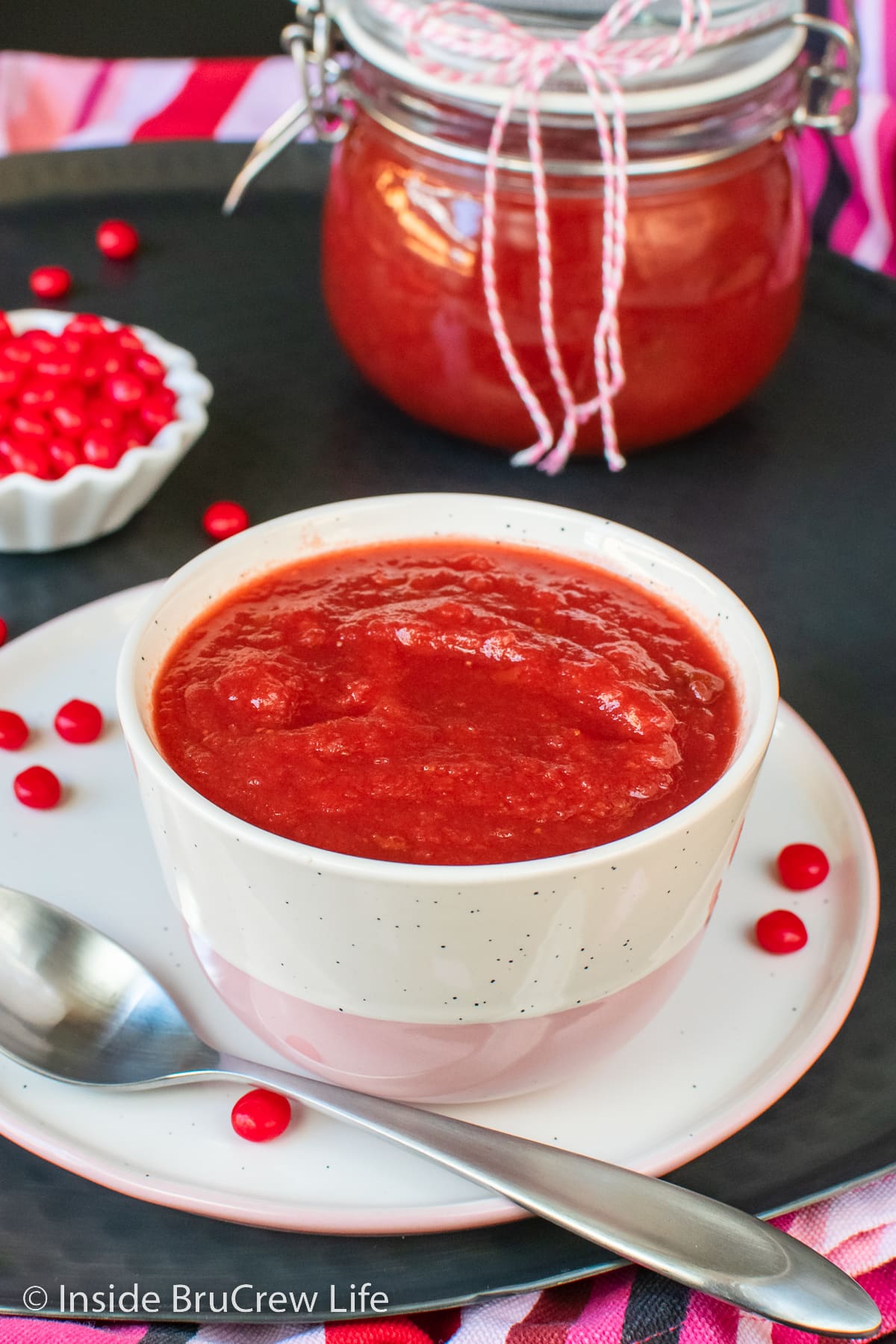Data show that the oil and salt intake of our residents remains high, and sugar intake continues to rise, which has become a key factor influencing the occurrence of obesity and chronic diseases in China, and one of the important sources of our daily intake of salt, oil and sugar is the family kitchen. However, in recent years, when people mention “reducing salt, oil and sugar”, they mainly focus on pre-packaged food and beverages, ignoring the kitchen and restaurant, which are inseparable from three meals a day.
The Food and Health Information Exchange Centre (FHIEC) conducted a special survey in ten cities and found that the following four problems are common in home cooking.
Problem 1: Cooking tends to be “heavy”
Survey results show that the most commonly used cooking methods in home kitchens are “stir-frying, stir-frying” (63.89%), “braising, stewing” (49.79%), “simmering, stewing, boiling soup ” (47.88%). These cooking methods may use more salt, oil and sugar. Although simmered and boiled soups are generally regarded as relatively healthy, the fact is that if there is more floating oil in the soup, it may also lead to excessive fat intake. “Cold” can reduce the intake of cooking oil, but its frequency in home kitchens was only 24.31 per cent. In addition, 17.18 per cent of the people most commonly used cooking methods are “frying, deep-frying”, this way is easy to intake of excessive oil, increase the risk of overweight and obesity.
In this regard, Chen Junshi, an academician of the Chinese Academy of Engineering, suggests that cooking at home should be more steamed, boiled, blanched and cold, and less fried. If more favourite fried vegetables, pay attention to control the amount of salt, oil, sugar. When drinking soup, you can skim off the floating oil on the surface.
Problem 2: Eating pickles and sauces too often
Savoury dishes and sauces are one of the common sources of “invisible salt” in the family, and surveys show that 20% of consumers often, or even every day, eat them with their meals.
Ding Gangqiang, director of the Chinese Centre for Disease Control and Prevention’s Institute of Nutrition and Health, pointed out that salted vegetables and sauces have a high sodium content, and if there are such foods on the table, you can put less salt in the dishes or use low-sodium salt and reduced-salt soy sauce and other products. In addition to eating less salty dishes, usually do the following when cooking can also help us reduce salt: do not add salt in advance to do cold dishes pickling; frying vegetables before the pot and then put salt; put the chicken MSG on less salt.
Issue 3: High frequency of flavouring with sugar in some households
The survey shows that 54.92 per cent of households use sugar to flavour their cooking, with 25.5 per cent of households using sugar more frequently.
Liu Ailing, director of the Nutrition and Health Education Office of the Chinese Centre for Disease Control and Prevention (CDC), believes that dishes such as sweet and sour pork, braised pork, plucked groundnuts, and pot roast contain more sugar and should not be eaten more often; and that sauces such as ketchup, salad dressings, sweet pasta sauces, and jams generally contain a lot of sugar, and should be eaten sparingly. In addition, drink grain porridge, silver ear soup, red bean paste, green bean soup, milk, soy milk, coffee, etc. like to add sugar, do coleslaw, stir-fried vegetables often put sugar, these flavouring habits will allow you to unknowingly daily intake of dozens of grams of sugar. Try not to get into the habit of adding sugar to your daily household flavouring. Sweet soup to drink less, cooking sugar is best limited to the degree of sweetness is not obvious.
Problem 4: Poor oil control awareness
The survey shows that nearly 60% of families use animal oil in cooking, and the frequency of using animal oil is higher in Guangzhou and Sichuan and Chongqing, while only 30% of families use oil limiting pots to help control oil.
Li Ning, director of the National Centre for Food Safety Risk Assessment, believes that the use of oil limiters helps to understand how much oil is used in cooking every day, and suggests that consumers should develop the habit of using oil limiters for cooking, and that the amount of oil used should be reasonably planned according to the number of people eating at home and the frequency of cooking; and animal oils contain relatively more saturated fats, which is not conducive to good health if consumed in excess, and suggests that they should not be eaten in abundance, and that they should choose more soybean oil, canola oil, peanut oil, salad oil and other animal oils, Peanut oil, salad oil and other vegetable oils.
It’s not just “I know”, it’s “I do”.
Zhong Kai, director of the Food and Health Information Exchange Centre, believes that a reasonable diet and “scientific three reductions” are the basis for ensuring health, and are also related to thousands of households and the overall nutritional health of the population. The survey shows that consumers in China are paying more and more attention to dietary health, but there is still a lack of scientific guidance on the “three scientific reductions”. Therefore, it is recommended that under the guidance of the government, all sectors of society act together to fully mobilise the power of scientists, enterprises and the industry to strengthen the publicity and guidance of the “three scientific reductions”, promote consumers to pay more attention to nutrition and health, and enterprises to actively upgrade the health of their products. At the same time, when formulating health policies related to the “three reductions” in the future, we will focus on family kitchens, so that the “scientific three reductions” can really enter every family kitchen, and better promote the action of Healthy China.



